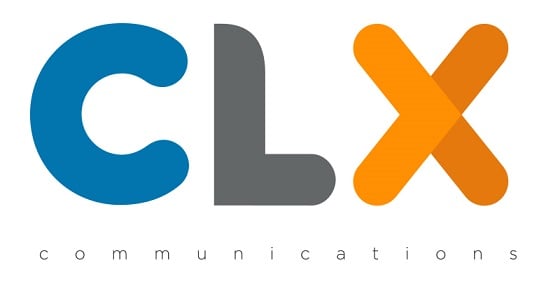MEF’s PSD2 Guidelines are designed to give help all relevant stakeholders of the mobile payment ecosystem, including banks, payment processors, vendors, service providers and MNOs.
The guidelines were originally published in late 2015, when the Payment Services Directive (PSD2) was coming into force in January 2016. With the deadline of 13th January 2018 looming for all member states to implement the regulation, the guidelines have been fully updated by MEF member Preiskel & Co and supported by CLX Communications founding member of the Future of Messaging Programme to provide a fully comprehensive update on this key regulation impacting the mobile ecosystem.
Free to MEF members the guidelines are designed to help you better understand the changes and to assist in developing a sound PSD2 compliance strategy, while recognising the many new opportunities they will create.
PSD2 aims to break open new markets and opportunities with the ultimate aim of protecting consumers while at the same time creating a fair playing field for all stakeholders to increase competition and drive market value.
At its heart, PSD2 is about standardisation for payment services in terms of looking to deliver three key goals:
- Transparency to the consumer
- A legal prudential framework
- Minimum standards of security, liability and other consumer rights
Although additional compliance may be seen as a cost at first glance, the value created through new opportunities, new business models and new market entrants as well as the benefits to existing business segments, should ultimately exceed the costs expended multifold.
In this new edition of the guidelines, we provide a comprehensive update on the status of regulatory implementation in key European markets as well as introduce Messaging Providers to the member stakeholders impacted by PSD2 in particular the requirement for strong authentication.
There are several new areas of opportunity that all stakeholders should evaluate, including the introduction of new business models based on the legitimization of the Third Party Providers, the possibility of a new generation of payment services due to third party access to bank accounts as well as the knock-on effects these developments may have on existing market segments including mobile payment adoption.





